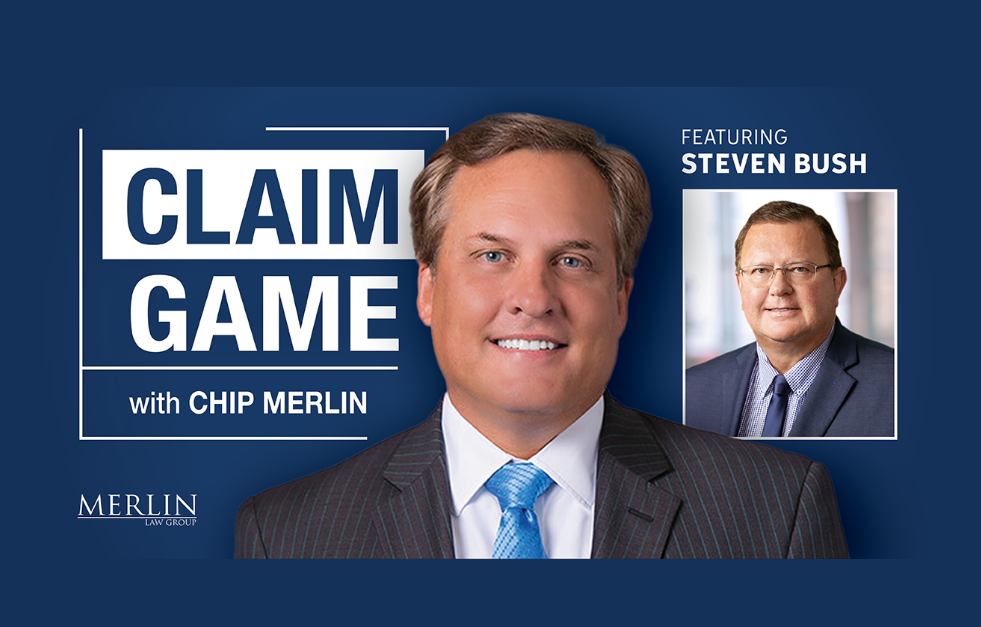After thirty-two weeks of posting on insurance policy conditions, it is time to turn over a new blog leaf. In the legal world, there is this very important thing called discovery, which is:
[T]he pre-trial phase in a lawsuit in which each party, through the law of civil procedure, can obtain evidence from the opposing party by means of discovery devices including requests for answers to interrogatories, requests for production of documents, requests for admissions and depositions. Discovery can be obtained from non-parties using subpoenas. When discovery requests are objected to, the requesting party may seek the assistance of the court by filing a motion to compel discovery.1
Cases are often won or lost on discovery, especially in the insurance world, where insurers cringe at the thought of having to air their dirty laundry. When courts order insurers reveal their motivations and profit driven directives in the discovery process, insurers will frequently write a check rather than comply with the order. Why? Because airing the dirty laundry would likely result in the insurer’s writing larger checks down the road.
In my opinion, policyholder advocates do not communicate enough with each other. Sharing is caring … share good discovery orders, folks! Let’s equip each other with the tools needed to effectively and efficiently advocate on behalf of our policyholder clients. I’ll start the sharing by calling your attention to the recent Barten v. State Farm decision out of an Arizona federal court.2
The Barten case involves a dispute over personal injury protection (PIP) benefits under a State Farm auto insurance policy. In a request for production, Barten asked State Farm to turn over:
- “Documentation that State Farm has informed its claim handlers company wide that ACE (Advancing Claims Excellence) initiatives are no longer being implemented” and
- “Documentation of the programs since ACE in which the principles of ACE are included.”
First, why was Barten requesting such documentation? Many insurance companies incentivize their claims department personnel to lower claim payout through programs like ACE. Such incentivizing, however, is questionable, at best. The claims department is supposed to objectively adjust claims in an effort to provide coverage. The claims department is not supposed to prejudicially adjust claims in an effort to exclude coverage and consequently beef up year-end bonuses (for example). The claims department is supposed to work for the benefit of the insurance company’s customers, not for the insurance company shareholders. Believe me, insurance companies make plenty of money with several of their other departments (e.g., actuarial, underwriting, marketing, investing).
Second, what did State Farm do about Barten’s requests? Well, State Farm did as insurance companies always do. State Farm objected that the requests were irrelevant, overbroad, unduly burdensome, not reasonably calculated to lead to the discovery of admissible evidence, vague, ambiguous, and yada yada yada.
Third, and most importantly, what did the Court do about Barten’s requests? The Court denied the first request, but only because State Farm had already responded to the request by producing an article stating, among other things, that “ACE provided a foundation… and its assessment approach forms the basis for our evaluation method now known as Quality Reviews.”3 The Court granted the second request noted above because “[i]t appears that the ACE assessment approach continues to influence State Farm’s corporate culture. And, this culture is relevant to the handling of Barten’s claims. Accordingly, the documentation of programs that were formed by or grew out of the original ACE principles is discoverable.”4
Make use of the Barten decision.
If you have a “dynamite discovery decision,” please share it with me. I’ll then post about it, so that several on the policyholder side can benefit from it.
1 http://en.wikipedia.org/wiki/Discovery_(law).
2 Barten v. State Farm Mut. Auto. Ins. Co., No. 12-CV-399 (D. Ariz. June 3, 2013).
3 Id. at 3.
4 Id. citing Chauvin v. State Farm Mut. Auto. Ins. Co., 2011 WL 1810625 (E.D. Mich. 2011) (ACE documents were relevant on the issues of “adjusting practices, reasons for denial, and the decision making process”).



